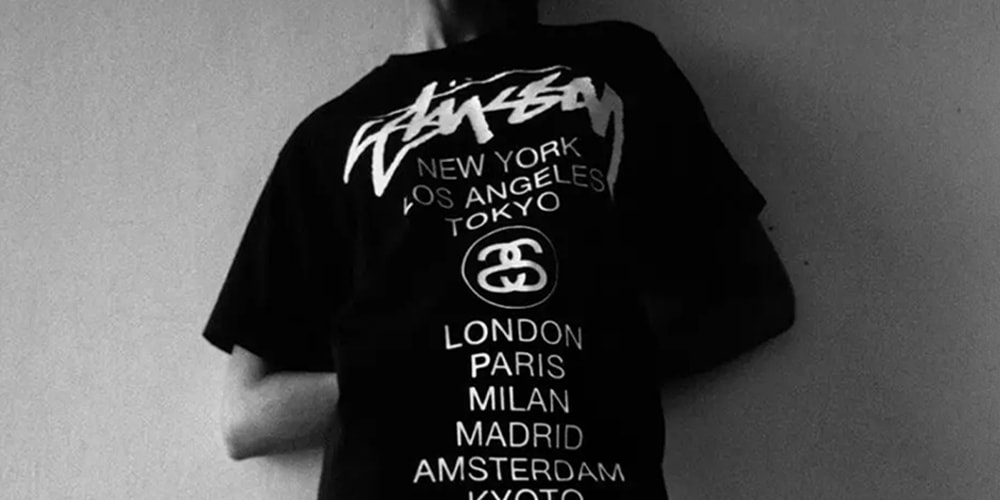10 Weird Symptoms That Might Be Allergies
From bad breath to clogged ears and strange noises.


The millions of people who suffer from seasonal allergies each year are too familiar with symptoms like sneezing, wheezing, and sniffling. But many don’t realize there are lots of other, more unusual ways allergies can show up. “People have a preconceived notion of what allergies are, but there’s so much outside just itchy eyes or sneezing,” says Dr. Purvi Parikh, an allergist and immunologist at NYU Langone Health. “It can mimic a lot of infections—people think they’re getting sick with something, but it’s actually allergies.” [time-brightcove not-tgx=”true”]
We asked allergists to share some of the lesser-known symptoms they see in their offices, from black eyes to nasal creases.
A sore throat
Perhaps you suspect you’re coming down with strep throat. It could actually be seasonal allergies. Blame it on post-nasal drip, that lovely sensation of mucus sliding down the back of your throat. “When your nose is all blocked up or inflamed, inflammation has nowhere to go, so it starts draining down your throat,” Parikh explains. “That’s what causes the sore throat, or having to clear your throat often.”
Read More: Why You Suddenly Have Allergies
There are a few ways to zero in on the likely culprit: If you have severe throat pain that begins suddenly and is paired with a fever and swollen tonsils, strep throat is certainly a contender. But if your symptoms are more gradual, and you’ve also noticed hoarseness or a chronic cough, consider making an appointment with an allergist.
Clogged ears
If you suddenly feel like your ears are plugged—and you’re not, for example, on an airplane—you could be dealing with allergies. “Your ear, nose, and throat are all connected by the same tube, so if your nose is congested, it can affect your ears and your throat,” Parikh says. Once you start treating your allergies, whether that’s with over-the-counter medication or allergy shots, your ears should return to normal, she adds.
Nose bleeds
Kids are famous for clawing at their stuffy noses—and sometimes, that leads to an alarmingly bloody mess. “They’re snorting up the snot, and they’re blowing really hard,” says Dr. Cindy Salm Bauer, division chief and medical director of allergy and immunology at Phoenix Children’s. “That’s irritating and harmful, and of course the nose is going to get upset and bleed.”
The solution: using nose spray. Most people, however, don’t do so correctly. Instead of squirting the spray straight back—which can exacerbate nose bleeds—spray it toward the ear, or laterally on each side. “It’s weird to squirt toward the ear, because you’re like, ‘Really, the side of my nose?’” Bauer says. But that’s exactly where it needs to go to be able to do its job.
Snorting, grunting, and other strange noses
The parents of Bauer’s patients often demonstrate the weird noises their kids make—all in the name of helping their embarrassed children. “They’re like, ‘Alright, I’ve waited for this appointment. If you’re not gonna do it, I’m gonna do it,’” she says. “Then they attempt to make the noise that the child makes.”
Typically, those sounds occur because of postnasal drip, which can lead to animal-like snorting, grunting, and throat clearing. “It can almost mimic a tic,” Bauer says. “That’s tough for some families, when the kids are constantly making this noise or habitual grunt.” Once they start allergy treatment, however, parents typically report a significant improvement.
Exhaustion
People who are suffering from seasonal allergies often experience fatigue—but don’t realize why they’re so tired. It’s the “No. 1 most common quality-of-life issue” that Dr. Karen Kaufman, who runs an allergy, asthma, and immunology practice in Vienna, Va., hears about from patients. “They’re choking on mucus all night long, they’re breathing through their mouth, and they’re not having restful sleep,” she says. “It leads to tremendous amounts of fatigue.”
Read More: Are Allergy Shots Worth It?
Poor sleep can trigger trouble focusing at work or school, as well as behavioral issues among kids. Bauer describes “aha” visits with families who discover their kids have allergies and soon see dramatic improvements in well-being. They return to her office and say: “Who would have thought that identifying and treating allergens would help my child literally behave better and be happier?”
Undereye circles
Dark circles under your eyes can happen as a result of allergic rhinitis, or hay fever. When you experience nasal congestion, and your nose becomes inflamed and swollen, “it causes some of the blood that’s draining under your eyes to pool a little bit,” says Dr. Jeffrey Chambliss, who specializes in allergy and immunology at UT Southwestern Medical Center. “We’re seeing darker pigmentation of the skin that’s really more blood flow-related and not necessarily stemming from a problem in your eye—more from inflammation in your nose.”
For a lot of patients, these dark circles, which resemble a black eye, get better in tandem with allergy symptoms. Sometimes it takes longer to improve than, say, itching or sneezing, but over time, the blue or purple color typically fades, he says.
A nasal crease
In addition to dark circles, some people with seasonal allergies develop a horizontal line on the bottom third of their nose that’s darker or lighter than their skin tone. It’s known as an allergic salute or a nasal crease, and it’s caused by rubbing your nose over and over again, Chambliss says. While a horizontal line is most common, “Some patients who really rub their nose vigorously can get other shapes,” he adds. “I had a patient who almost had an X across the end of their nose because they would rub more in a circular motion, rather than just up and down.”
Itching, tingling, or mild swelling in your mouth
Oral allergy syndrome—sometimes called pollen-food allergy syndrome—happens when your body mistakes fruits or vegetables for a pollen that you’re allergic to, Chambliss says. If you’re allergic to birch tree pollen, for example, and opt for a healthy snack like an apple, peach, cucumber, or bell pepper, you could get an itchy, tingling, or burning sensation in your mouth, lips, tongue, and throat. “It’s rare that you get life-threatening symptoms, so sometimes patients don’t immediately connect it to being possibly driven by an allergy,” he says. “They just say, ‘Well, I avoid it because it makes my mouth feel funny.’”
Read More: Why So Many Dogs Have Allergies Now
Heating up the fruit or veggie in question typically improves or alleviates symptoms. “If you eat apple pie or banana bread, you don’t get those symptoms because it’s been heated to change the shape of the protein,” Chambliss says.
Bad breath
The daily appointments that stand out the most in Bauer’s mind often have to do with bad—make that “horrible”—breath. And her patients aren’t skimping on dental hygiene. “It makes sense if you have mucus in your nose dripping down the back of your throat,” which can be a breeding ground for bacteria, she says. “It can be really malodorous.” Plus, allergies often lead to mouth breathing, which can dry out the mouth, exacerbating the scent wafting out. Fortunately, with proper treatment, Bauer says, halitosis often becomes much less offensive.
Rashes
Parikh sees lots of patients with rashes at this time of year, and many don’t realize a pollen allergy could be the culprit. The two most common types are hives—raised welts that are itchy, red, and uncomfortable—and eczema, which is characterized by dry, itchy, and inflamed skin. If you can’t stop scratching, try taking an over-the-counter antihistamine or applying hydrocortisone cream, she advises. “If the rash isn’t improving, definitely go and see an allergist or dermatologist to get further treatment,” Parikh says, “and to make sure it’s not something else.”
















































![Save Up to 30% at Accor Hotels with MasterCard [Japan]](https://boardingarea.com/wp-content/uploads/2025/05/3294bc4b6d1941eef8987e0e40318da7.jpg?#)
































